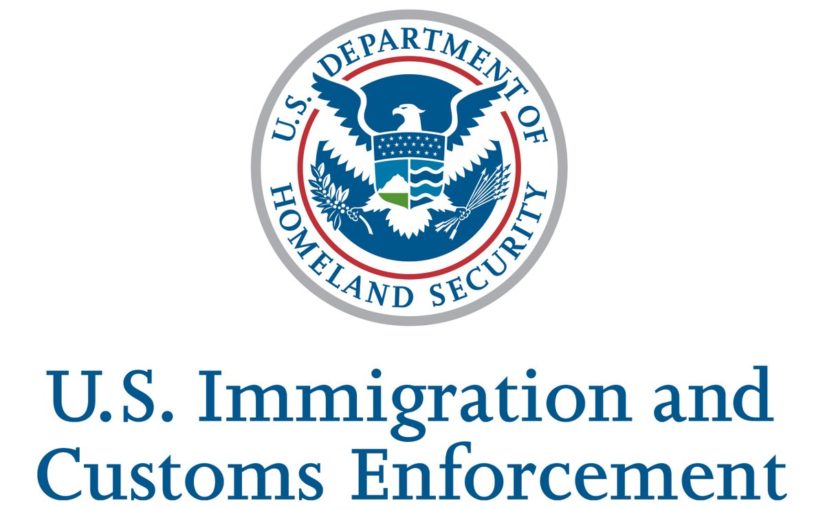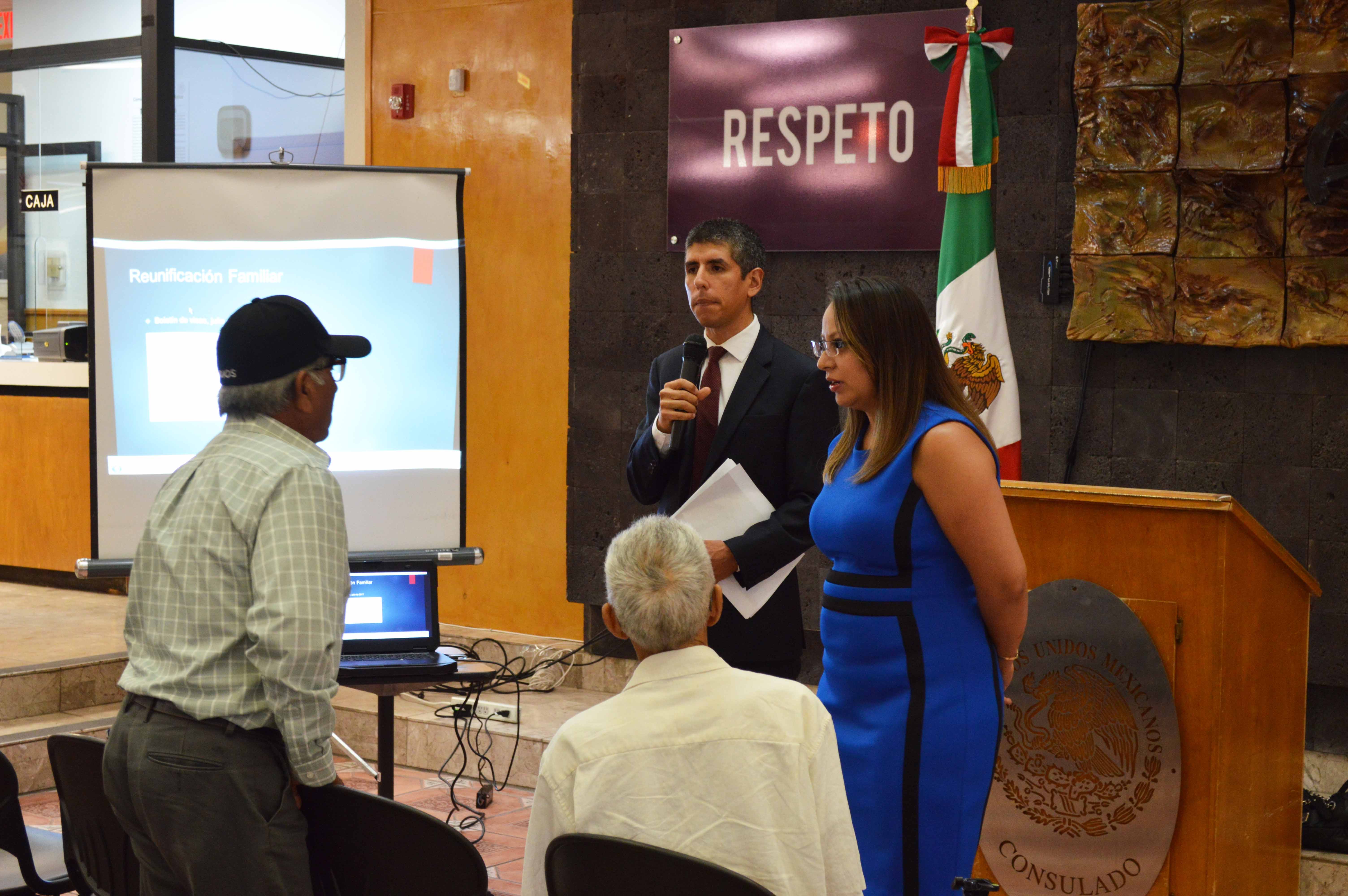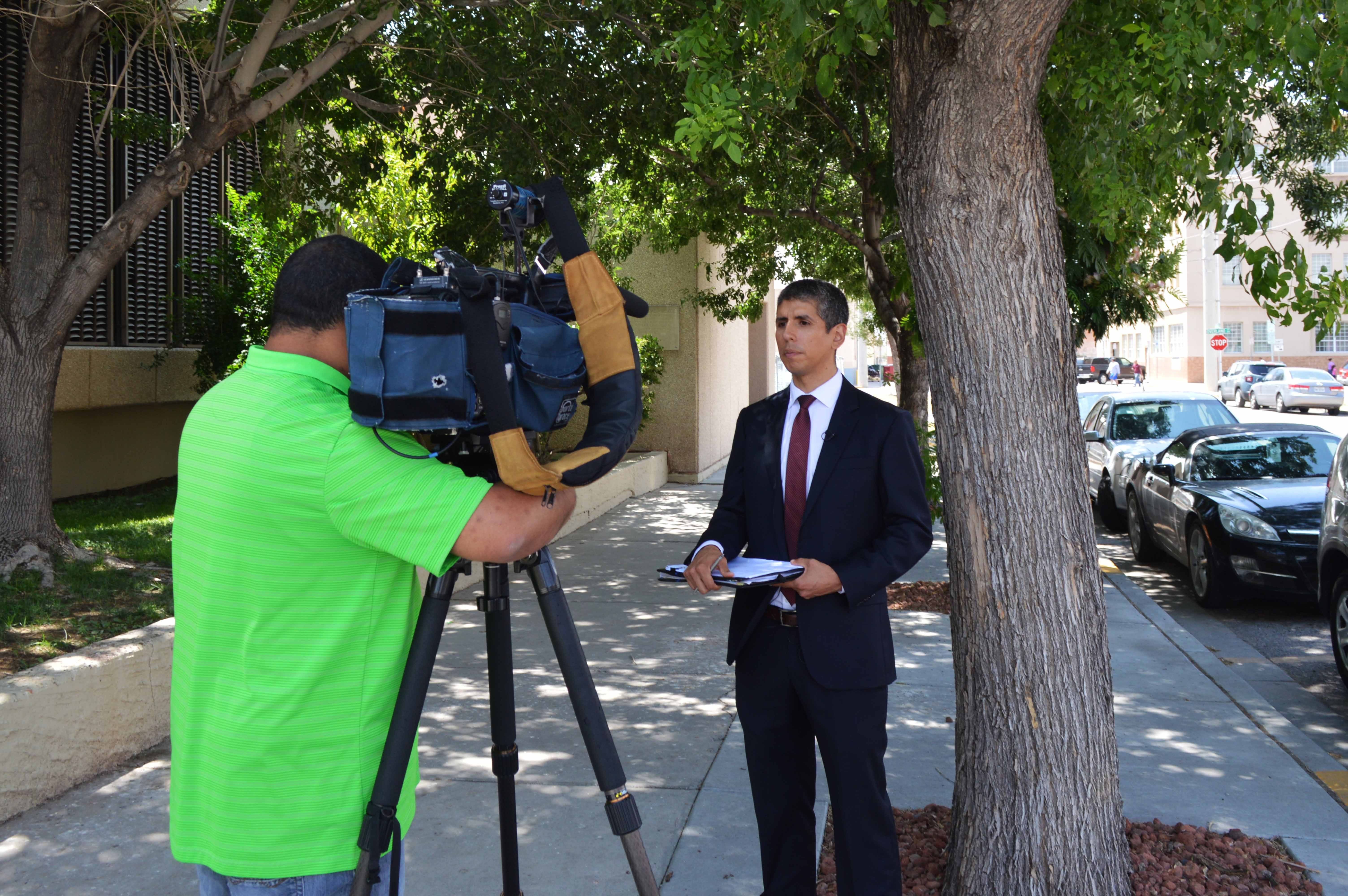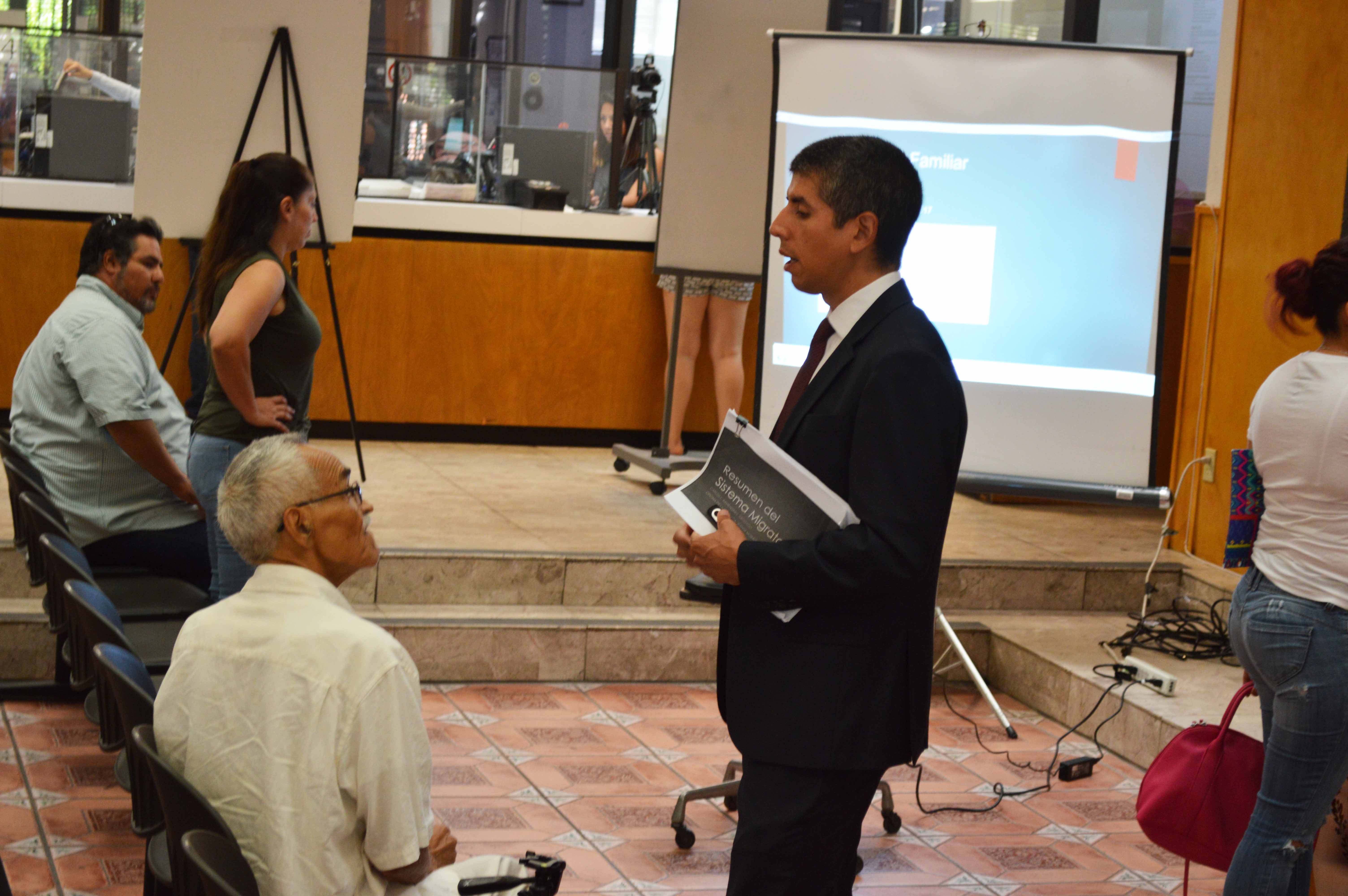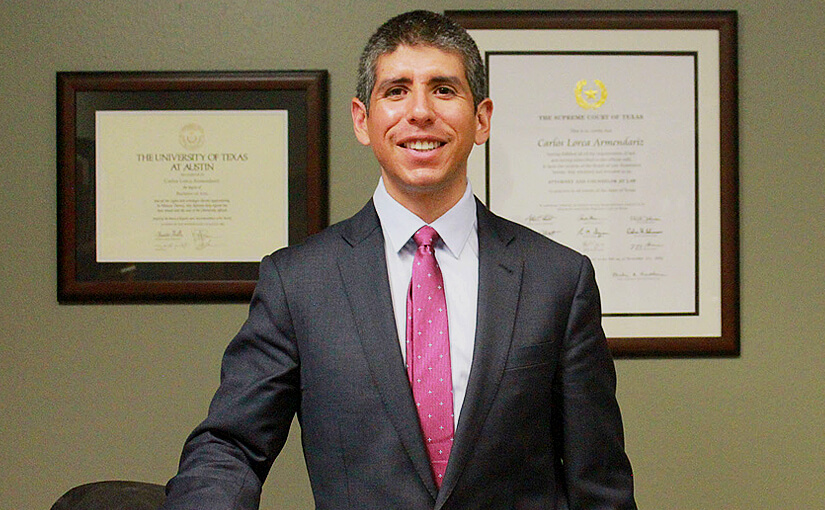As Hurricane Harvey approaches the United States, the Governor of Texas has issued a State of Disaster declaration for 30 counties in Texas, and the Governor of Louisiana has declared a State of Emergency. In light of Hurricane Harvey, U.S. Immigration and Customs Enforcement’s (ICE) and U.S. Customs and Border Protection’s (CBP) highest priorities are to promote life-saving and life-sustaining activities, the safe evacuation of people who are leaving the impacted area, the maintenance of public order, the prevention of the loss of property to the extent possible, and the speedy recovery of the region. Anyone in the path of this storm should follow instructions from their local officials and heed any warnings as this dangerous storm approaches.
The Department’s law enforcement components will be at the ready to help anyone in need of assistance. In evacuation or response, we are committed to making sure that we can assist local authorities quickly, safely, and efficiently. Routine non-criminal immigration enforcement operations will not be conducted at evacuation sites, or assistance centers such as shelters or food banks. The laws will not be suspended, and we will be vigilant against any effort by criminals to exploit disruptions caused by the storm.
ICE and CBP also seek to provide for the safety and security of those in our custody and to protect them from bodily harm in the event of a hurricane or a major destructive storm. As such, ICE detainees from the Port Isabel Detention Center are being temporarily transferred to various other detention facilities outside the projected path and destruction of the hurricane. In the event of transfers, the detainee’s attorney of record is notified, the Online Detainer Locator is updated, and the transfer is temporary in nature.
Original document at: https://www.ice.gov/news/releases/joint-statement-ice-and-cbp-regarding-hurricane-harvey

